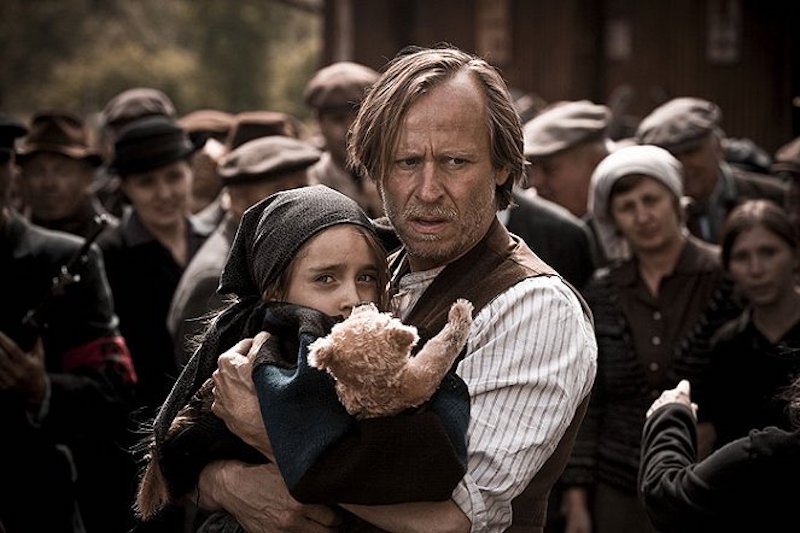In recent years, several films have been made in Czech cinema, which also deal with somewhat controversial topics related to Czech history. One such film is undoubtedly Juraj Herz’s film Habermann’s Mill, which captures the complicated time of the expulsion of the Germans from the Sudetenland after World War II. The film tells the story of a German miller who sided with the Czechs during the war, but was murdered after the war and his family displaced. Although the film is partly inspired by the fate of the real miller Hubert Habermann, many things have been changed or invented in the film.
The truth has not been known for a long time
There have long been more questions than answers in the real story. What was certain was that one day armed men came into Habermann’s villa near the village of Bludov near Šumperk and took the miller away. For questioning at the local spa, where an interim national committee was set up after the liberation, but never arrived. About his of death no one doubted, but it was not clear what had happened.
Murder as personal revenge
In the film, the murderer of the miller is identified by a local mob who wanted to appropriate his wealth. His body was then burned in the boiler room of a local spa. But the reality was probably less poetic. The killer was Jiří Pazour. At the time when the escort led Habermann to interrogate, he approached the group with a pistol and shot the miller. The reason was the money he lost to Habermann in the cards. He allegedly threw the body into the river. We also come across this version in the documentary of the same name, Habermann’s Mill, which was made seven years before the film. Claw was convicted of murder, but was soon granted an amnesty.
The family was expelled
After the war, more than two million Germans were expelled from Czechoslovakia. Unfortunately, in the case of mixed families, which was also the case of the family of the miller Habermann and his wife, absurd situations often arose. Their fate was often decided by a simple vote of the local national committee. He had a decision on whether to relocate the family or not. Unfortunately, there were, of course, cases where sympathy or antipathy played a major role in decision-making. Habermann’s wife Aurelia was German, for this reason she and her children were detained and it was subsequently decided to deport them. Aurelia didn’t know for a long time what had happened to her husband. The widow did not receive any documents proving that her husband was no longer alive and that she and her children were entitled to a widow’s pension.
Source: plus.rozhlas.cz, resp.cz, csfd.cz
Author: Martina Šťastná
–


